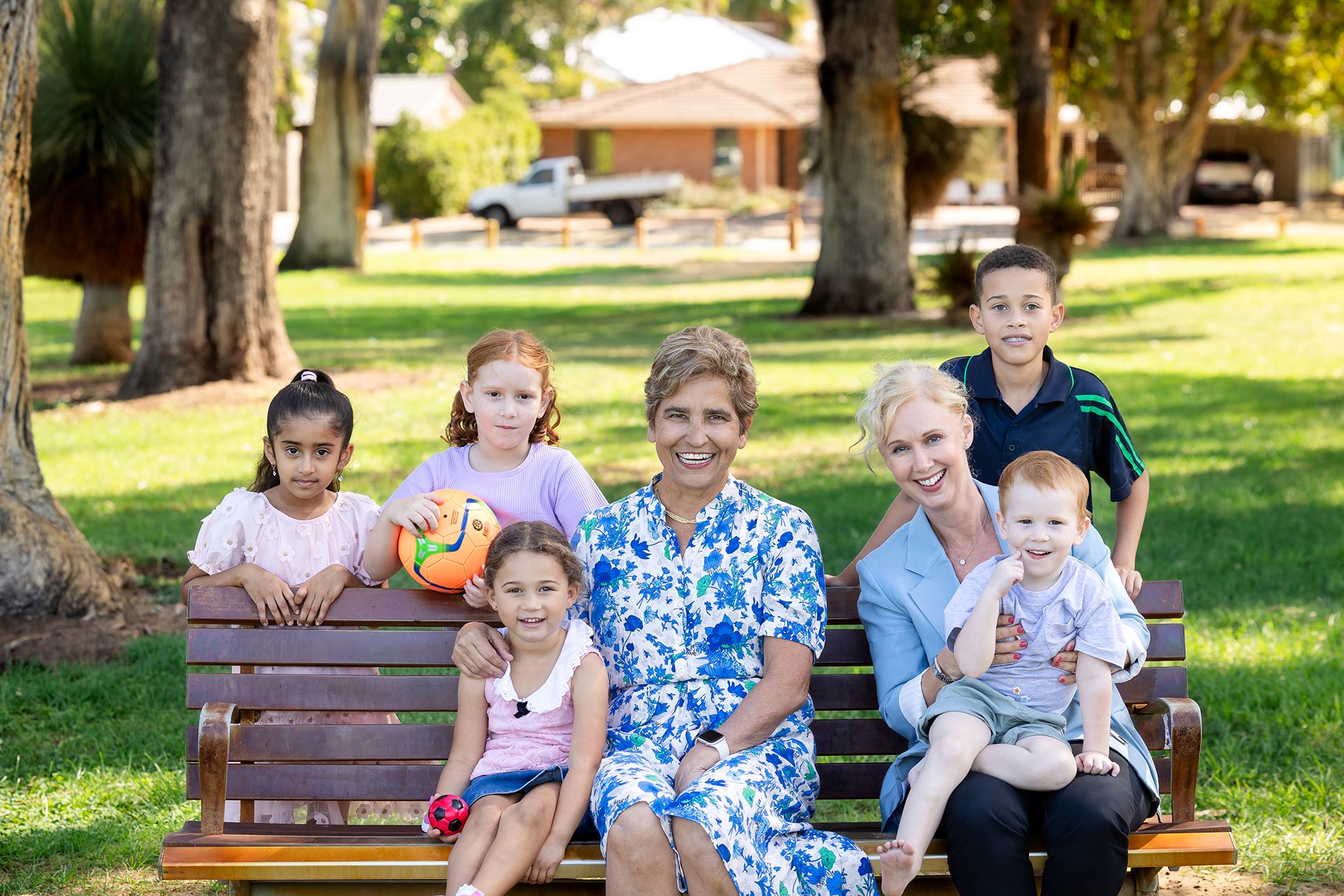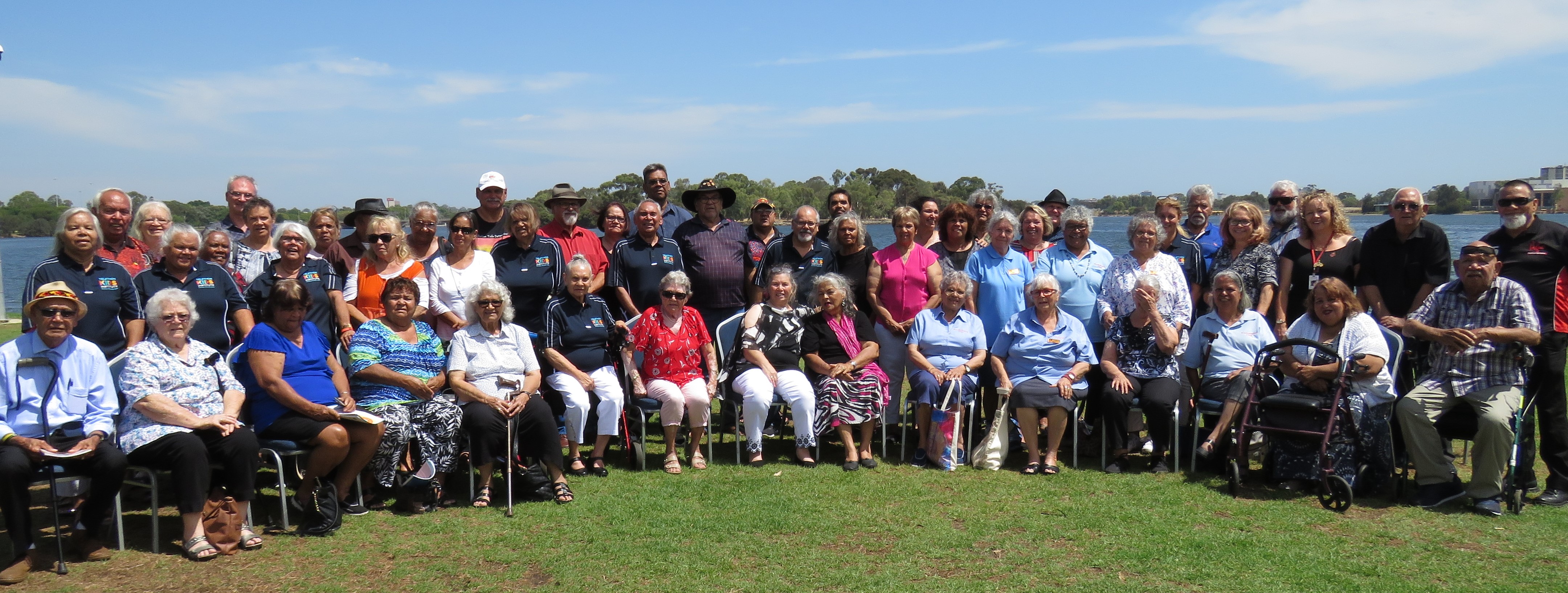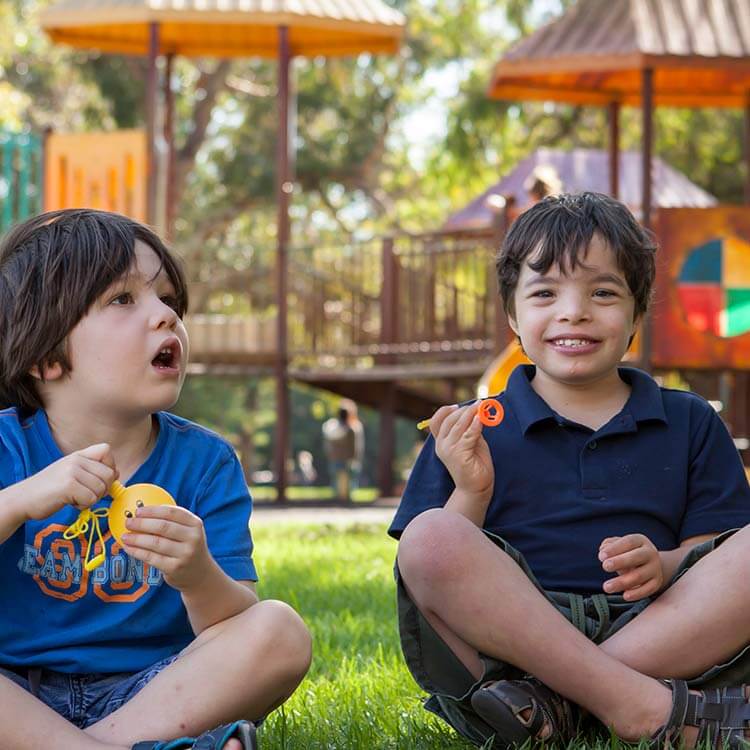Search
Research
Centre for Advanced Cancer Genomics (CACG)Current technologies to understand which genes are turned on or off only work on large amounts of biological samples. As a consequence all measurements we receive represent averages across multiple cell types present in the sample. The situation is comparable to studying the contents of a bowl of fr

Mitochondrial diseases are devastating disorders for which there are no cures or effective treatments. Our project will focus on the prevention of mitochondrial diseases and discovery of effective cures.

ORIGINS is Australia's largest longitudinal cohort study of its kind. Following 10,000 WA children from their time in the womb into early childhood, ORIGINS researchers are working to better understand when and why non-communicable diseases develop, and provide solutions for early intervention to ensure every child and family flourishes throughout their lifetime.
Research
Attenuation of maternal inflammatory responses during pregnancy to promote normal immune and behavioral outcomes in the offspringThis study will identify how the immune system contributes to neurodevelopmental outcomes and will investigate the use of an agent from traditional medicines.
Research
Long-term derangement of antigen presenting cell populations in the respiratory tract following Influenza A infectionThis project investigates how different populations of cells within the respiratory tract immune system are altered during a viral infection.

Community engagement for the Ngulluk Koolunga Ngulluk Koort (Our Children, Our Heart) Project.

Improving the lives of children with a disability and their families sits at the core of our team.

Tourette syndrome is a neurodevelopmental disorder characterised by uncontrollable movements and vocalisations known as tics.
The Kids Research Institute Australia's Statement of Commitment to Climate Change & the Environment
The Kids Research Institute Australia's annual report highlights the accomplishments of our researchers, furthering our mission to secure a happier, healthier future for kids everywhere.
